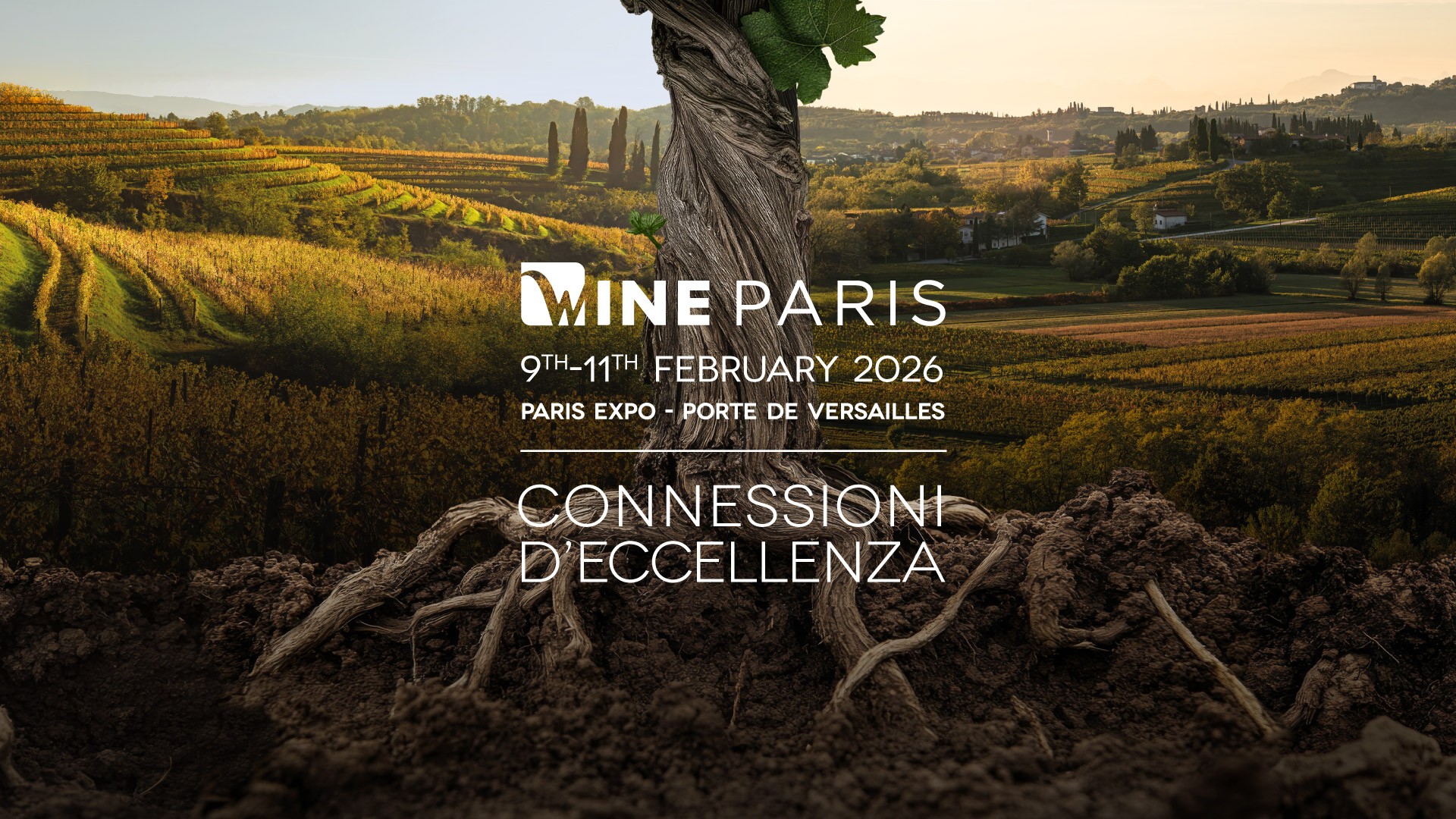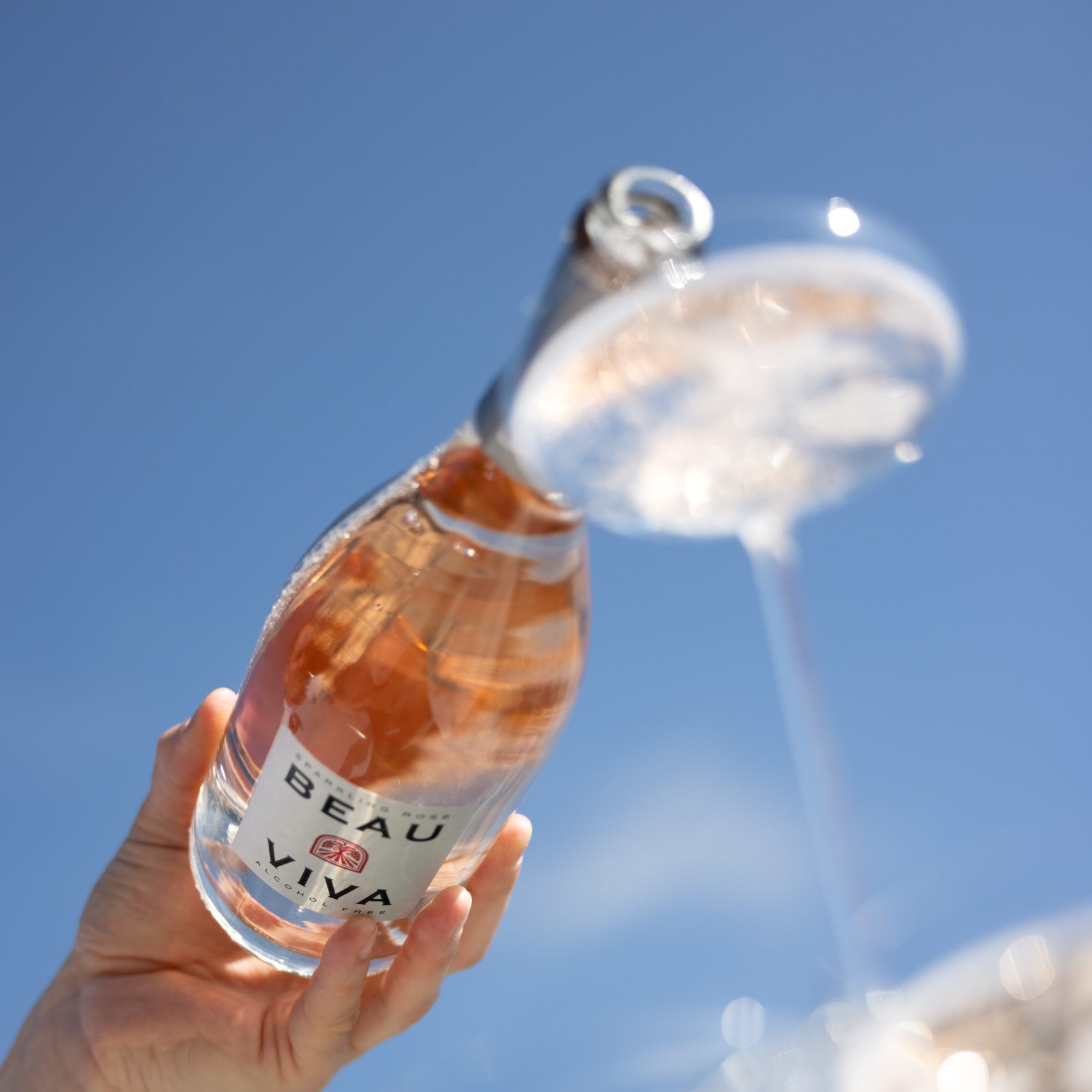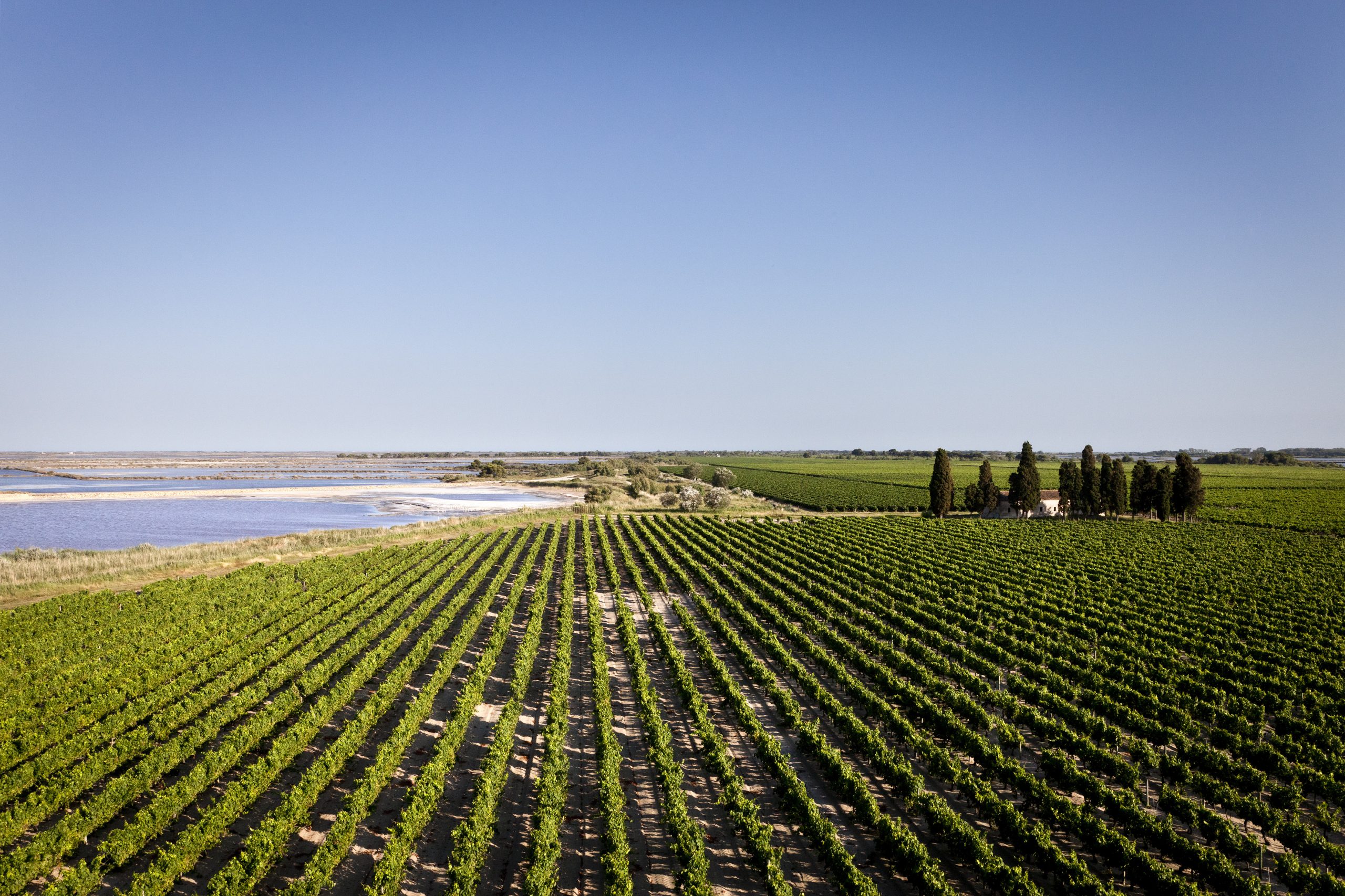China: A ‘misunderstood’ wine market
We had a little detour to Hong Kong at the end of May, even though there are no vines growing there (at the moment), to attend Vinexpo Asia-Pacific – the leading event in the wine and spirits industry in Asia.
We took this opportunity to interview Guillaume Deglise (CEO of Vinexpo), Yang Lu (Corporate Wine Director for Shangri-La Hotel Group), Debra Meiburg MW (wine writer, wine speaker and wine educator) and Eddison Leung (Buying Manager for Watson’s Wine).
These four key players in the wine and spirits business gave us their views on the wine market in Hong Kong and China. They talked about the importance that we give today to the concept of “terroir” in the wine world – an issue at the heart of current concerns. Finally, with friendship and humour, our four guests shared their feelings about the Wine Explorers’ project.
WINE EXPLORERS: Hong Kong, the strategic centre of wine in Asia?
GUILLAUME DEGLISE: “Hong Kong is an amazing market. This is “the” hub for Asian markets with the proximity of China and especially with the cessation of duties since February 2008, which makes it an essential platform. And then there is the proximity to other Asian markets in the South which are being developed with growth rates in double figures, something quite unique. This is the area which currently attracts all the attention.”
EDDISON LEUNG: “Hong Kong is the window of China. Here the wine business has been very active for twenty years now and a variety of wines, ranging from easy drinking quaffers to fine wines, is offered to an audience of sophisticated consumers who are well educated in this regard and have purchasing power. The average purchase prize is between 60 and 120 euros.”
DEBRA MEIBURG MW: “Hong Kong has often been one of the transiting cities for China. Once the Hong Kong Government removed the luxury taxation, the duty, wine became a luxury product that was actually tax free. There is no other metropolis in the world which has attempted this. The wine market absolutely exploded. So it’s been a bit chaotic, but on the up side, it gave to the Media the opportunity to create some order from this chaos by doing market research, building trade resources and providing guide books to help the consumers.”
WE: Is China a mature market ?
YANG LU: “The Wine Market in China has shown phenomenal growth in the last 4-5 years. However, the Chinese market is not as big as people think. Although there are 1.5 billion people in China, wine consumption is still very low. In general, wine is perceived as a luxury item in China, a lifestyle. For some it has already become an investment product. I hope that wine will reach more regular consumers. The purpose of wine is firstly to provide pleasure, otherwise we are missing something.”
GUILLAUME DEGLISE: “China is far from being mature and we have all reason to believe that it is in its infancy. At the distribution point, the potential is enormous : especially in large cities. But with the development of other cities that already have millions of inhabitants, we can expect very strong distribution. Consumption per capita is only 1.5 liters in China. It is 50L in France, 45L in Italy and around 30L in the United States. And then there is the emergence of what we call the “middle class” : new consumers who arrive with high purchasing power and who can have fun with wines from all origins.”
DEBRA MEIBURG MW: “Wine has been so successful in China because it’s an affordable luxury. These days maybe less and less so, but wine gives one a sense of pleasure and achievement. I can afford this very special drink to share with my friends. You can’t share a Ferrari with your friends, but you can share a bottle of wine with a table full of friends, and everyone shares in the pleasure. China is the fifth largest producer of wine in the world – it’s a little difficult to calculate the statistics because China imports quite a lot of bulk wine, which is mixed with the local production – but this will definitely help to educate the Chinese consumers.”
EDDISON LEUNG: China is a growing market which showed a vast improvement for 4 years now. Today the majority of purchases average between 10 and 30 euros. While 2-3 years back it was mainly in the 10 euros or less price bracket. China is a major producer of wine, which is not a threat to imports, on the contrary. At the moment 80% of wines consumed are domestic wines. There is a lot of potential.
WE: Is buying wine in China considered to be foremost fashionable or about passion?
DEBRA MEIBURG MW: “In China I think, wine started out mainly as a badge of achievement, a sign of success, a signature of luxury. And in a way, it was a little bit showy of the mark, but the market is maturing now, and we have serious and sincere connoisseurs buying wine. Sometimes the Chinese market is misunderstood, thinking that people are pouring wine only to show off their wealth. But in fact, what I see is people pouring wine for friends to show their respect.”
YANG LU: “At this stage wine is still a fashion product. And there is nothing shameful about that. It’s a new market, especially mainland China. If one looks at Japan 20 years ago, or the United States 30 years ago… you will see the same thing : people start out drinking wine as a stylish and trendy product. Education is paramount. The more we study, the more we will learn. And the more we learn, the more we will enjoy all kinds of wines from all over the world. We are getting there very fast.”
EDDISON LEUNG: “There is a bit of both. At present, the emphasis is still on fashion, this is the reality. And same goes for all other luxury goods in Hong Kong and China. This is the usual way for learning here : we like fashion first and then we buy for passion.”
WE: What are the five wine producing countries/regions to watch in the coming years?
EDDISON LEUNG:
-Uruguay, Mexico and South America in general
-Slovenia and Greece
-and of course the most important for me, China
GUILLAUME DEGLISE:
-Austria, still not well enough known, or known only by wine lovers.
-Uruguay, THE new destination in South America.
-Loire Valley wines in France : the perfect balance.
-Georgia, where there is a beautiful story and still unknown wines.
-South Tyrol in Italy, which has extraordinary wines, especially white.
YANG LU:
-Rhone Valley in France, North and South
-Germany for the rieslings
-South Africa
-Washington State (USA)
-China
DEBRA MEIBURG MW: I think I’ll have to consider the Asian influence, because this is the fastest growing market in the world and certainly has the most potential. So what Asia will be interested in will be:
-South Africa
-Italy without a doubt
-Chile, which has worked so hard in this market
-New Zealand
-China itself.
Partner Content
WE: What do you think about the concept of “terroir” ?
GUILLAUME DEGLISE: “I believe in the notion of terroir for great wines. Today you can make wine in many countries, and the Wine Explorers brings us the evidence. We must also examine new techniques. Take a vintage like 2013 in Bordeaux, judged a little challenging. The wines are still pretty darn good for a difficult vintage. 25 years ago it would have been complicated. Today with the new techniques we can make excellent quality wines with great terroirs even in difficult years. And we can certainly make quality wines – average but acceptable – in some new countries ; with soils that are poorly mastered for example. The concept of terroir is very important for fine wines and it must be defended ; as with the appellations systems in Europe for example. This is crucial.”
YANG LU: “Terroir is a tricky topic. I believe in it, but I don’t speak of it every day. I think the word is over used, abused and almost becomes a marketing word sometimes. But don’t get me wrong, I do believe in terroir! Terroir is very unique and has a fantastic advantage: diversity.
“In Chinese, terroir is called the Tian Di Ren, three words in Chinese:
-Tian means SKY, which can be thought of as climate : the kind of climate you are in, the weather, the rainfall, the sunshine…
-Di is earth : which refers to the slope of the vineyard, the aspect, the altitude, the soils, the subsoils, depth…
-and Ren, the human being. The people who make the wine, they are the real masters of wine.
“So for me terroir consist of these three simple Chinese words: Tian Di Ren – sky, earth and the human being.”
DEBRA MEIBURG MW: “When I think about terroir I think of the weather, the climate. I also think of the soils and the site : the slope, the direction, the angle, the relationship between the site and the sun. And most definitely you have to include people, because at the end of the day, even though winemakers are fond of saying that the wine makes itself, it’s simply not true. A soft touch and a hand on the wine, really helps it to reflect the site, the soil and the weather. These things are all important.”
WE: What are your thoughts on the idea that “great wines” are exclusively terroir wines ?
GUILLAUME DEGLISE: “We must link great wines and the heritage, the history. The big difference regarding wine today between Bordeaux and China lies in the 300 years gap. It’s not really a matter of terroir. This is about the history, the heritage, the knowledge of soils… the tradition. History will always be history.”
DEBRA MEIBURG MW: “You can make a drinkable wine anywhere in the world, but to make a great wine, you need a great terroir. On the opposite side, you can get delicious, very affordable wines with mass production but sometimes struggle to get a top class luxury wine when speaking about volumes.”
WE: If you had the opportunity to buy a vineyard tomorrow, where would you like to have it ?
EDDISON LEUNG: “If I have the opportunity to buy a vineyard, it will be in Bordeaux. I am fascinated by the history of the Bordeaux region.”
DEBRA MEIBURG MW: “I think this will be one of the toughest decisions of my life. South Africa would have to be on my list and of course my dear Sonoma County (California – USA), my home town.”
YANG LU: “In France, in Saint Joseph. Just on the slope off Tournon. I dream of it every day.”
GUILLAUME DEGLISE: “In Provence, in the South of France.”
WE: What are your thoughts on the Wine Explorers project ?
GUILLAUME DEGLISE: “First of all, Wine Explorers is a very innovative project, because nobody has done it yet. And at the same time we are a little jealous because we would like to be a little fly on the camera to know exactly what you’re going through. What excites me about this project is that we are in a world where we need to go super fast, where we want to sell everything very quickly. And you are taking three years to go meet people, ask questions, and get back to us with something fresh and really new.”
EDDISON LEUNG: “This is a unique, ambitious and courageous project. We all dream of doing such a project, but it is still difficult to implement. I share a great enthusiasm and passion for Wine Explorers.”
YANG LU: “I hope you can complete it and I support you very much. On the other side I envy you very much, because for me if you love wine, if you want to study wine, you need to go to the source, to the vineyard, to talk to the vignerons, to the people who make the wines. And that’s what you are going to do for the next three years. It must be a great journey.”
DEBRA MEIBURG MW: “It has to be the world’s best road trip. To be able to spend time with the wine producing communities around the world and the key markets for wine must be an amazing experience. And taking the time that the Wine Explorers’ project is taking will really allow for in depth knowledge. And hopefully it will educate the wine world. I’m hoping that you will allow me to drive the van!”
*Thank you to Matthieu Naudy for being our guide and allowing us to another side of Hong Kong.
Follow the Wine Explorers’ adventures on their website, Facebook page and blog.





Every time when I read the articles about China wine market, I will be very frustrated with all these superficial misleading market intelligence. I would be doubtful with the published information from the interview? Do the interviewees know the exact today China market situation or current Chinese consumer behavior? Do they really walk into the China market with the current know how? How many Chinese buyers they had contacted? How much practical trading and imports experience they have? What is the core market value they know? Who are the buyers? How many stories they have? How much practical issues they have come across? What are the risks and gains? There are a lot of issues to be attended with walk-into-market experience and exposure. Since your magazine is so influential, every wording of published information will give severe impact on the global wine market trend.
China is a very big and complicated market where have different culture and background at different places that lead to different tiers market segmentation. There are more than 1.3 billion population. Only Chinese knows how to deal with Chinese. Only those have genuine and practical China market experience and exposure traders and importers are valuable to share because they truly had paid a lot of fees to learn from their exploration. China market is in the transitional period now. There are a lot of surplus in the trading market. Why? Government policy…….. Etc.
To start my wines business from a very passionate wine lover, I am dare to say the dream of a wine lover is totally different from a wine trader. Without concrete wine trading environment in China, all the rest aspect like wine education, wine growing…… Etc is difficult to develop further.
Nevertheless, China is still a growing market but I have much reservation with all the above published information for the China market development.
Dear Carol,
Thank you for your comment. My name is Jean-Baptiste Ancelot and I’m the author of this article.
The key wine actors interviewed in the above article gave us an interesting and global positive point of view about the Chinese wine market.
They have all a strong experience of the Asian market and especially China.
However I understand that you wish more details. For that I invite you to read our last article (bellow link) to have a more detailed view of how we see China.
http://blog.wine-explorers.net/?p=1096
Hope you will enjoy the reading. Let’s keep in touch.
Best regards
JB for WINE Explorers